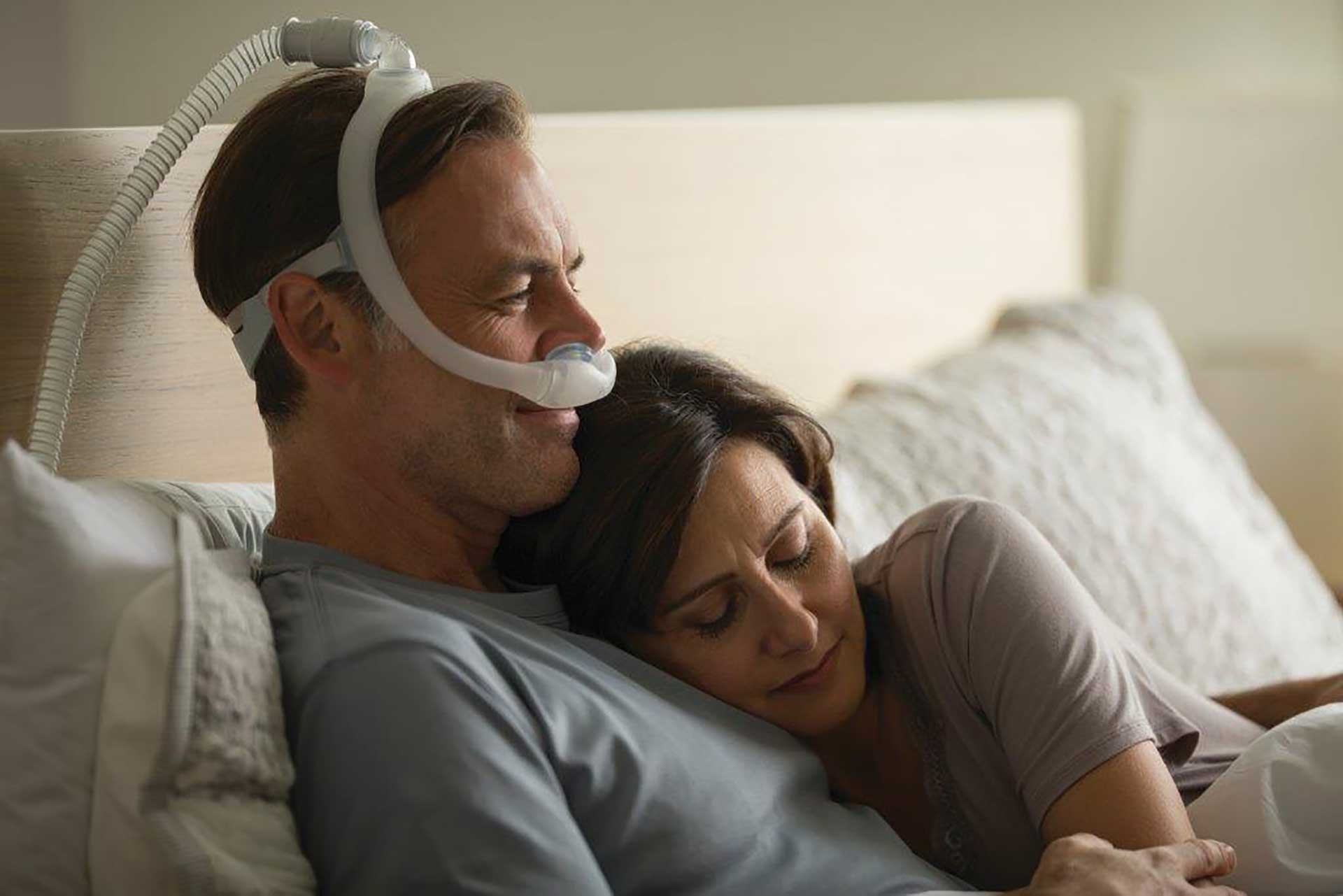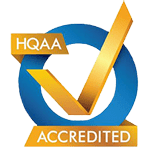Not treating your Sleep Apnea can have some scary long-term consequences
With Halloween right around the corner, it’s a fun time of year to be spooked. Do you know what’s truly spooky? Sleep Apnea. The scariest part of it? You may not even know you have it. The real danger is not knowing you have it and, in turn, not receiving the proper treatment for it. There are many serious health risks associated with uncontrolled Sleep Apnea. If it gets super out of control, it could even lead to death.
Fright Night
According to Johns Hopkins Medicine, Sleep Apnea occurs in about 3 percent of normal-weight people and over 20 percent of obese people and affects men more than women. The rates increase sharply in women after menopause.
There are two different kinds of Sleep Apnea, Obstructive and Central. Obstructive occurs when air can’t flow into or out of your nose and mouth while you’re trying to breathe. Central occurs when the brain fails to send the right signals to your muscles to make you start breathing. Obstructive is the most common type.
The Mayo Clinic lists some symptoms to look out for throughout the night, such as loud snoring, episodes where you stop breathing during sleep, gasping for air during sleep, difficulty staying asleep, excessive daytime sleepiness, and irritability. Loud snoring is one of the main symptoms of Sleep Apnea, but it’s important to note that not everyone with Sleep Apnea snores. Often, a significant other will be the first to notice their partner has these symptoms, so make sure to discuss them as they arise; It could indicate a Sleep Disorder that needs urgent attention.
Alarming Effects
If Sleep Apnea is left untreated, especially for an extended period, it increases the chances of severe health problems. WebMD mentions in an article that these health problems include high blood pressure, stroke, heart failure, diabetes, depression, and headaches. They also note that uncontrolled Sleep Apnea can be responsible for poor performance in everyday activities, motor vehicle crashes, and academic struggles in both children and adults.
If you or your partner notice any signs of Sleep Apnea, you should make sure to visit your healthcare provider to discuss what you are experiencing. A Sleep Specialist will order a Sleep Apnea Diagnostic Test, and you’ll find out precisely the type of Sleep Apnea you have along with the severity.
Conquer any fears you may have about Sleep Apnea and take control of your health today!
If you need to find a Sleep Doctor: Click Here!
If you need to find a Sleep Lab: Click Here!
Check in with the QDME Journal for new blogs and fascinating topics.




